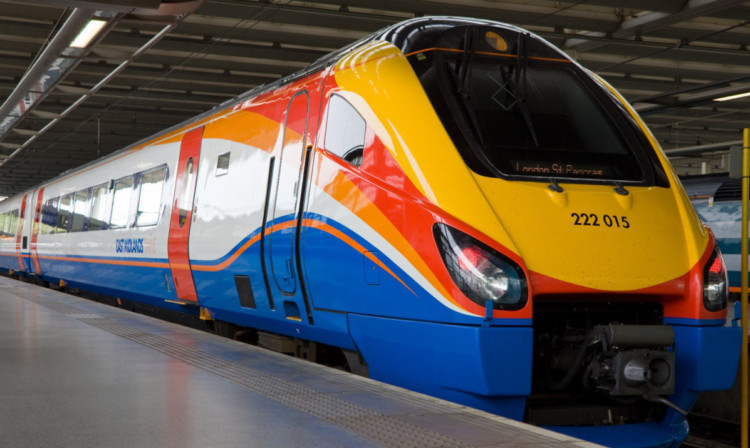Public transport giant Stagecoach outlined its ambitions for its train operating business yesterday as the derailed UK rail franchising programme gets back on track.
The system was thrown into disarray in October last year when the Department for Transport was forced to cancel the awarding of the West Coast rail franchise to FirstGroup after significant flaws were identified in the bid process.
The debacle led to a hold being placed on all other ongoing UK rail franchise competitions and it has taken months for the process to start gathering momentum again.
Stagecoach’s founder and chairman Sir Brian Souter said the issue was being resolved and he pointed to significant growth opportunities for his company in the sector.
“We are pleased that the UK rail franchising programme is moving once again,” Sir Brian said as the company announced its interim results for the six months to October 31.
“Franchising has always been an evolving model and there are positive signs that the government has listened to the ideas of the industry and other stake holders on how it can continue to deliver for passengers and taxpayers.”
Stagecoach is seeking extensions to three rail franchises its South West and East Midlands train operations and the West Coast franchise which is run under a joint venture agreement with Virgin Rail Group and have active bids in for operatorship of the Docklands Light Railway and Thameslink franchises.
The company has also set up Inter City Railways Limited a joint venture with Virgin in which Stagecoach has a 90% stakeholding to pursue a bid for the East Coast franchise.
Revenues in the UK Rail business in the six months to October were £619.5 million, a 3.3% uplift on the year previous despite the 2012 figure having received a one-off uplift from increased traffic related to the London Olympics.
However, operating margins slipped slightly from 3.1% to 2.9% in the period.
Martin Griffiths, who was delivering his first set of financial results in his new role as chief executive of Stagecoach, said the rail business was performing well.
He said: “There is a pipeline of new opportunities in addition to the planned extensions to the duration of the rail franchises operated by our existing high quality train companies.
“Our experience of alliancing with Network Rail over the past 18 months has given us an invaluable insight and understanding that can be used to ensure new franchise bids can deliver better value for money for government.
“We are also working closely with government to deliver vital new rail capacity for our customers.”
The firm’s core UK regional bus business achieved a 3.3% increase in total revenues in the six months to £504.3m, although margin was again squeezed from 15.7% in 2012 to 15.2%.
The London bus operation reported a 0.9% drop in revenues to £115.4m in the period but operating profits were 15.7% ahead of the previous year at £9.6m.
The interim results also highlighted the continued expansion of Stagecoach’s megabus brand.
Growth was particularly strong in North America where the company’s overall bus operation posted a 17.2% uplift in revenues to $370.9m, a performance in large part bolstered by a 22.9% increase in sales from megabus to $90.8m.
“Our megabus-branded service in the UK, mainland Europe and North America have an exciting future ahead,” Mr Griffiths said.
“We see significant potential to expand our presence in the US, where we already operate in 40 states.
“We are also considering opportunities to roll-out our premium day and overnight services to new locations.”
Total group revenues in the six-month period increased by 5% from £1.4 billion in 2012 to £1.47bn and operating profits before intangibles and exceptional items grew by 1.1% to £126.5m.
Earnings per share were 2.8% higher in the period at 14.6p and the directors declared an interim dividend payment due in February of 2.9p per share.
Net debt dropped by £43.4m to £494.6m.
Shares were up almost 4% in morning trading following the update.
Finance director Ross Paterson said trading was in line with management expectations for the year as a whole and the outlook for the business was good.
“We are not dismissive of the emerging pressure on government spend and the political backdrop that is something we have to be aware of but as we look at opportunities both in the UK and North America we still see scope for further volume growth in bus and rail as road congestions worsens.
“Our job has to be to continue to design products and services that people want to use.”
